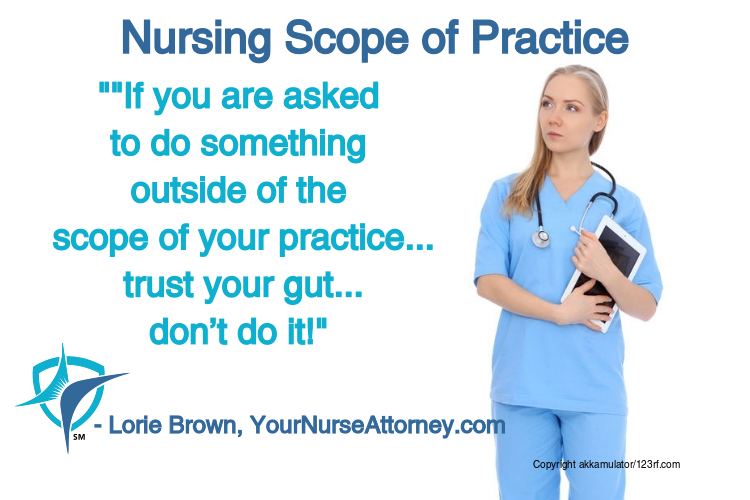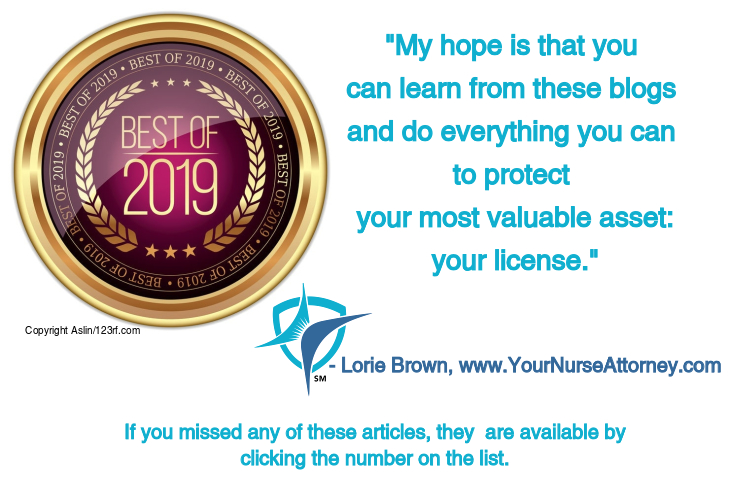Here’s the scene: you walk into work for your 12-hour shift and immediately find yourself facing an exceptionally heavy patient load. What can you do?
Your first thought is probably “I don’t want to commit malpractice; I want to provide the best care for my patients, and I want to protect my license.”
When you look at the staffing assignments, it can be both overwhelming and stressful. You may be thinking, “How am I going to get this all done and make sure that my patients are provided with the best care?”
According to the American Nurses Association, nurses not only have a right, but also an obligation to refuse such an assignment. However, that’s the American Nurses Association talking and what they say is not law. It is simply a guideline.
Unfortunately, many states do not follow these guidelines and therefore it is important to know what your state’s Nurse Practice Act and guidelines are about this subject.
I understand that Texas has “safe harbor rule” where one can refuse a heavy assignment without repercussions. However, in other states, an employee is required to accept whatever assignment that they are given.
In that latter situation, I suggest that if you genuinely believe that you have been assigned too many patients and cannot provide safe care, you should first speak to the supervisor.
If that doesn’t provide you with any assistance, you should send to your manager an e-mail or letter about the staffing situation and your concerns about patient safety. Be sure to keep a copy for yourself, because should there be a problem, at least you will be able to show that you have spoken up and expressed your concerns.
Unfortunately, there is no easy answer for a situation like this. I suggest that if you frequently encounter heavy patient loads you might consider changing jobs because, as I always say, “you can get another job, but you can’t get another license.”
Therefore, if you do refuse and leave an assignment in a state where you are required to take on such a dangerous assignment, you could be terminated for patient abandonment. Many nurses mistakenly believe that if they don’t accept the assignment, they can just leave but this is not necessarily true.
I hope you’re never faced with this situation, but the way things are in healthcare, it seems to have become more common.











